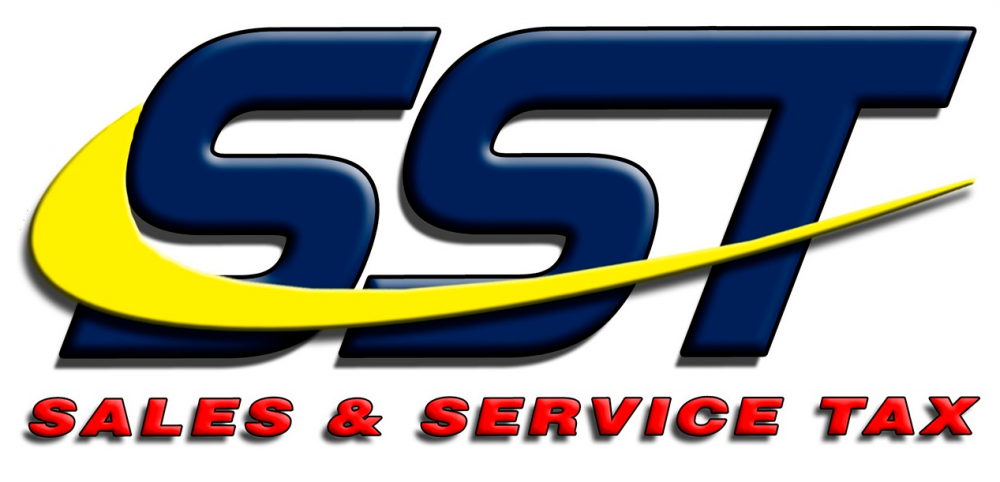REFGISTRATION for Sales and Service Tax (SST) should be a simple affair. Why is this a problem for many businesses?
This is not a matter of choice. The law states that any taxable person who provides taxable services or goods above the prescribed threshold should be registered. If you meet the requirements, it is mandatory that the business must register.
Service tax is only applicable on services specified in the First Schedule of the Service Tax Regulations 2018. It is commonly referred to as a “positive list”. Effectively, this means that if a service is not in the list, then service tax is not applicable.
Sales tax is the opposite; it is based on a “negative list”. Any product manufactured in Malaysia which is not specifically exempted in the Sales Tax Act 2018 is taxable.
Although it is called “SST”, these are two separate taxes, and one must carefully look at the provisions and the supporting regulations to comply with their respective requirements.
Timing of the registration
The time at which you should be registered is determined based on two methods. The first one will be to examine on a forward basis, where you should at end of each month, determine whether your taxable services or goods for the current month plus the next 11 months will exceed the relevant thresholds. The second methodology is the same but going backwards 11 months plus the current month.
Service tax has different thresholds. The common threshold for most cases is RM500,000. However, the threshold for restaurants is RM1.5 million, customs agents and credit card companies are nil. The threshold for sales tax is a single threshold of RM500,000 for manufacturing taxable goods. These calculations should be done continuously on a monthly basis.
Imported services and goods
If the business is importing goods or services, it needs to self-account for the sales and service tax whether or not it is registered for SST. If you are not registered, you need to use a special form “SST-02A” for imported services, and this should be filed at the end of the following month in which the service was received on a monthly basis. Imported goods must be declared using the customs form “K1” at the time it is imported.
Problems faced by taxpayers
The principal reason taxpayers fail to register for SST is their own doing, which is not keeping track of the 12-monthly movements on a backward and forward basis. However, there are issues that will appear ambiguous to taxpayers, and they include the interpretation of whether a service is taxable or not.
An example is management services where the interpretation adopted by the Royal Malaysian Customs Department (Customs) is wide, and sometimes it overlaps with other taxable services such as consultancy and IT, or other services that are not subject to service tax.
On sales tax, interpretational issues can arise from the ambiguity in the determination of the correct HS code, on which the sales tax rate of 5%, 10% or “exempt” is applicable.
Consequences of failure to register
If you fail to register on time, Customs has the power to collect the taxes together with the penalties up to 40% of the outstanding amount from the time the business should have rightfully collected the taxes. The affected business concerned cannot collect it from its customers for the period it failed to register.
Benefits of registration
The key benefit of registration is the avoidance of multiple stages of taxation in any supply chain. If the taxpayer has registered, it is possible to apply a business-to-business exemption and the tax is only payable at the final point of the sale rather than at each point in the supply chain.
In case you have failed to register, there is an opportunity to come clean via Customs’ Voluntary Disclosure Programme which provides total waiver of penalties. It ends on May 31, 2024.
This article is contributed by Thannees Tax Consulting Services Sdn Bhd managing director SM Thanneermalai (www.thannees.com).









